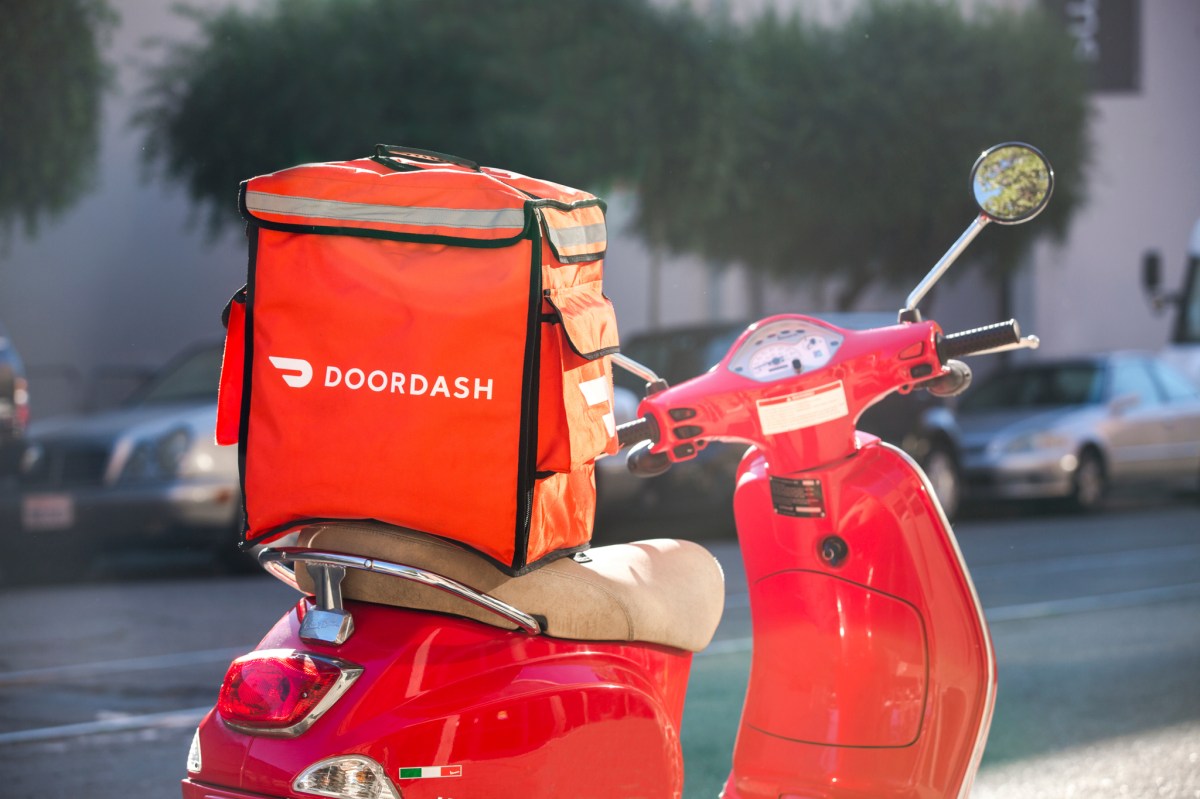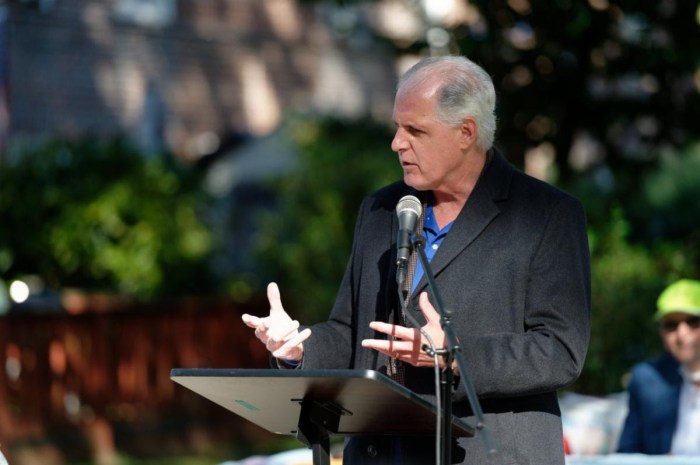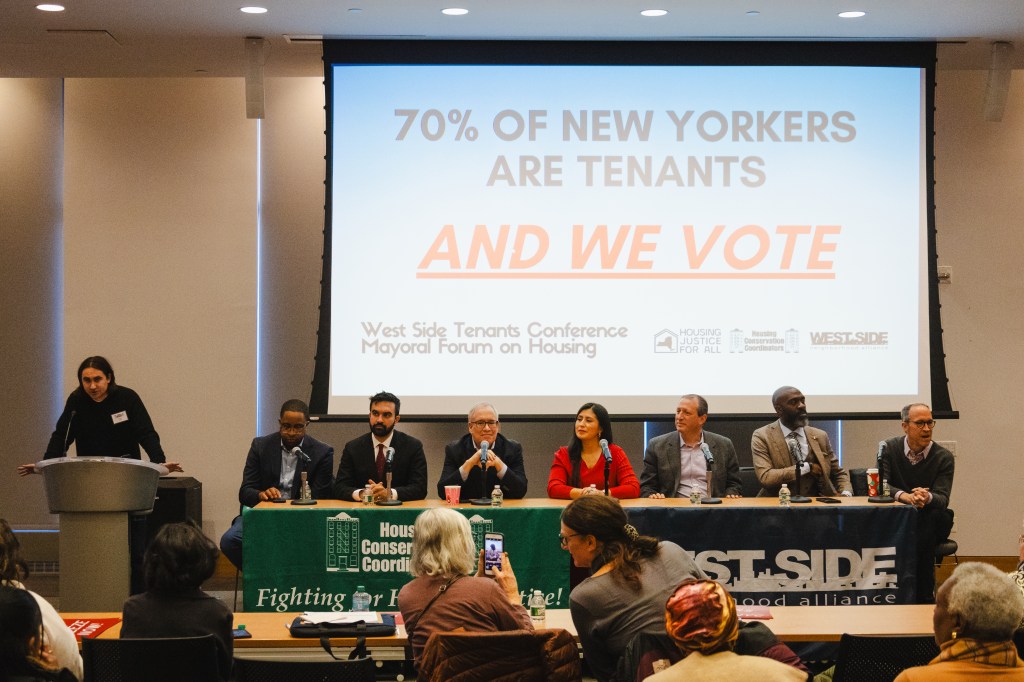Back in 2016, we opened our business, Burmese Bites, as a stall in the Queens Night Market selling just two items, before eventually growing to operate a food cart in Long Island City.
Today, we operate out of a small space in the food court of the Queens Center Mall. It can be difficult to find authentic Burmese food in New York City and I take a lot of pride in being able to bring the incredible food of my culture to a broader audience.
Delivery apps have been a big part of growing that audience and have helped us find new customers, and have given me opportunities to grow my business in ways I never thought possible.
While my food is unique, my experience with delivery platforms is not. Many small business owners, like myself, have seen the positive impact delivery platforms have had on the New York City restaurant industry. Delivery platforms provided us with the opportunity to reach wider audiences during the pandemic when New Yorkers were barred from eating out at restaurants and we continue to use them as a resource in the post-pandemic economy – it is clear that delivery platforms are here to stay.
Delivery workers made these opportunities possible for restaurants like mine and I have tremendous respect for the difficult work that they do every day; however, as the city prepares to establish a minimum pay rate for these workers, I want to underscore the potential for harmful impacts on small businesses like mine.
The city’s own calculations say that the proposed pay structure for delivery workers would add more than $5 per order. This $5 increase on every order would be passed on to my customers, which will lead to fewer orders being placed on delivery apps for restaurants like mine.
I say this from experience because rising costs over the last few years have required us to adjust our menu prices and it impacts orders. I am concerned that such a dramatic increase will result in a dramatic drop in orders.
We love being able to welcome customers into our space in the food court, but we have witnessed a decline in foot traffic in the shopping mall, with fewer people choosing to shop in person and therefore a decline in in-person customers in our restaurant. If delivery services get too expensive for customers, they will be less likely to place orders, which will be bad for business and hurt our bottom line. To be blunt, I do not know if we can survive an additional $5 per order.
There are so many restaurants like mine that depend on delivery services to reach new customers and could see detrimental impacts to their businesses if these resources are no longer accessible. The city needs to come up with a solution that improves conditions for delivery workers, while still preserving opportunities for small businesses and restaurants who need these services, so they can continue to share their delicious food and talent with the community around them.
Myo Thway is the owner of Burmese Bites in Elmhurst, Queens.



































